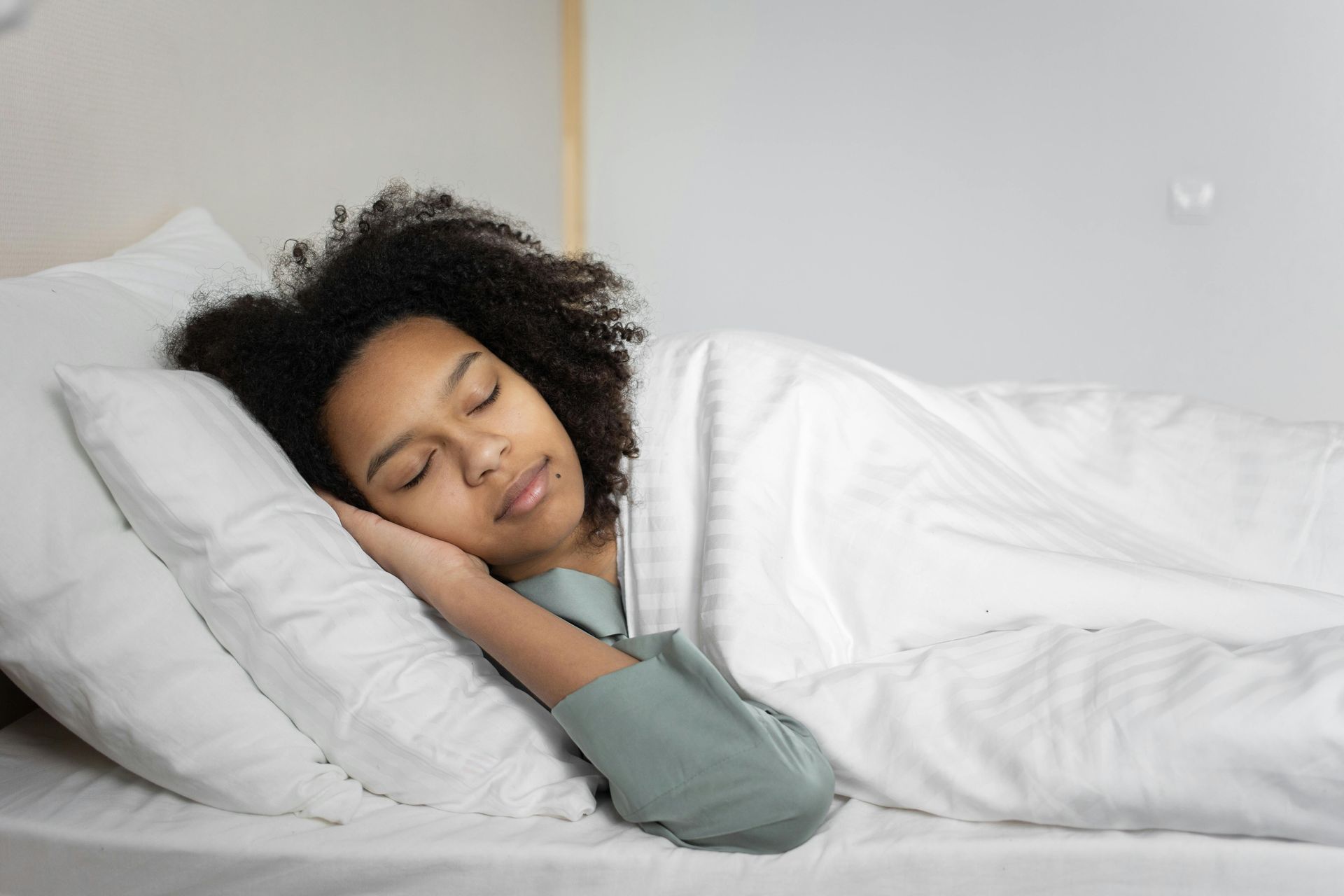How Mental Health Affects Black Communities
The topic of mental illness is often taboo in Black communities. If we eliminate this stigma, can we help people get the mental health care they need?
We know that people of all ethnicities and cultures experience mental health conditions and that Black individuals experience mental health challenges at rates similar to other groups.
However, when considering the mental health of Black Americans, it’s important to look at historical and cultural factors, some of which have led to significant disparities. For example, 25% of Black people seek mental health treatment when needed, compared to 40% of white people.
The statistics are stark:
- African Americans are 10% more likely to experience serious psychological distress.
- Black adult blacks living below the poverty line report severe psychological distress two to three times more often than those living above it.
- Black adults are more likely to have feelings of sadness, hopelessness and worthlessness than white adults.
- Lack of access to behavioral health resources such as health care, education and economic resources, may contribute to African Americans’ worse mental health outcomes.
- Black teens are more likely to attempt suicide than white teenagers, and African Americans of all ages are more likely to be victims of violent crime; meaning they have higher incidence of post-traumatic stress disorder (PTSD).
What causes disparities in mental health care?
“There are many factors that get in the way of care for African Americans,” Jonathon said. “Some are deep-seated systemic issues like cultural bias or fear of the medical establishment. It’s important that providers understand these barriers and work to overcome them.”
Barriers to behavioral health care for Black individuals include:
- Economics. According to the U.S. Census Bureau in 2012, 19% of African Americans did not have health insurance.
- Physical access. Black communities are often far from hospitals or clinics that provide mental health services.
- Lack of clinical trials. Barriers such as lack of awareness, economic factors, communication issues and mistrust often lead to underreported racial demographic data.
- Mistrust. A history of racism in medical settings can result in a serious lack of trust in medical professionals.
- Lack of providers who are Black. According to the American Psychiatric Association, only 3.7% of its members are African American.
What can be done about access for minorities to health care services?
From a patient standpoint, you should visit a primary care provider, and your provider will help screen your symptoms and take the first step in creating a plan to ensure you have the best quality of life.
The Black Physicians & Healthcare Network (BPHN) Providers are a multi-disciplined, multi-specialty group of physicians & health care providers. Our mission is to improve the overall health of the insured, underinsured, & uninsured residents of Montgomery County, MD.
Mental Health supports are a component of the Black Physicians & Healthcare Network (BPHN). This initiative engages children, youth, couples, and families of Montgomery County on a pathway to culturally specific mental well-being.
Credit Sara Thompson "Barriers to mental health care are breaking down — with help from professional resources", https://nortonhealthcare.com/news/barriers-to-mental-health-care-are-breaking-down-with-help-from-professional-resources/
















